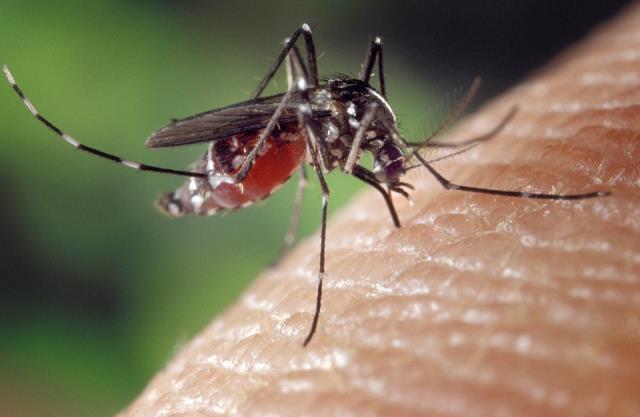Health authorities have warned residents across the Banana Shire and Wide Bay Burnett region to protect themselves from mosquito bite and to eliminate possible mossie breeding environments on their properties as large areas of the state report high levels of mosquito-borne virus detections.
Central Queensland Hospital and Health Services (CQHHS) has reported five cases of Ross River fever in the week commencing 5 February and five cases the week prior.
There were 20 cases reported state wide last week (5 February).
Queensland Chief Health Officer Dr John Gerrard said there had been a very high number of Ross River virus detections in mosquitoes across nine different local government areas, including the Banana Shire.
Dr Gerrard warned this week of a potential explosion of cases as rain turns buckets, pot plant drip trays, old tyres, blocked guttering and neglected rainwater tanks into potentially dangerous areas for spreading viruses including those which cause Ross River, Barmah Forest and Dengue Fever, all spread mainly by mosquitoes.
Dr Gerrard said Queensland Health had found “very high“ levels of Ross River virus in hundreds of mosquito traps tested in recent weeks between Mackay and South East Queensland – higher than seen in the 2019-20 outbreak at this stage of the season.
Of 700 traps tested so far, Dr Gerrard said: “We have been notified of 31 positive mosquito traps across the state so far, which is more than the total we saw over the 2019-20 summer months when there was a significant Ross River virus outbreak.
“It’s concerning we are seeing such a high number of Ross River virus detections in mosquito populations through our surveillance program this early in the typical season, especially over such a widespread area. This is an indicator of elevated virus activity.
“Typically, Ross River virus infection begins to rise with the onset of rain and warm temperatures in December before peaking in February and March,“ he said.
Recent warm wet weather has been described as “perfect“ for mosquito breeding.
Residents have been urged to clean up around their homes and take care when out to avoid being bitten.
Ross River virus is spread by the bite of an infected mosquito and causes inflammation and pain in multiple joints, possibly with fever and swelling and later, a raised red rash.
Effects can last for weeks, but sometimes it can take a few months.
Insect repellent, loose clothes to cover arms and legs and closed-in shoes are recommended to increase protection.
“Empty bird baths and clean thoroughly with a cloth to remove mosquito eggs,“ residents are advised.
“Keep roof guttering in good condition and regularly remove leaves to stop pools of water from forming. If it can hold water, then it can breed mosquitoes, and with the warmer temperatures, this is a much faster process.”
CQHHS has reported five cases of Barmah Forest virus infection in the last fortnight also.
The week commencing January 29, there were four cases of Dengue fever and two cases of Malaria reported.
More information about Ross River virus and mosquito protection is available at qld.gov.au/health/condition/infections and parasites/viral-infections/ross-river-virus









